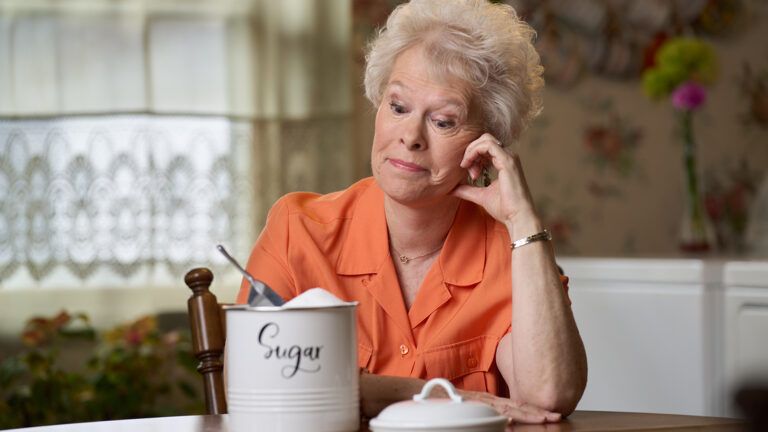No matter how much we might tell ourselves about being “young at heart,” age happens.
Some of us might consider advanced age to be a gift, something that, my elderly great-aunt used to say, was “better than the alternative.” And others among us might feel anxious about the aging process, worried about the unknown variables that will affect the later years of life.
A study published this year offers a new take on how we feel about aging—the study found that positive thinking about aging impacts a person’s mental and physical health in measurable ways.
The study, which examined 14,000 adults over age 50 from across the United States, reported that those with the most positive view of aging (or “highest satisfaction” about aging) were 43 percent less likely to die for any reason during the four years following the study, as compared with those who reported a negative view of aging.
Specific benefits for those who were positive about aging included lower rates of diseases like diabetes, cancer, heart disease and mental health markers like depression, anxiety and poor sleep. Researchers attribute some of this to basic beliefs we all carry about life throughout our years.
People who believe there is a rich life to be lived even as our years advance, the study found, behave in more health-supporting ways, such as getting regular screenings for cholesterol, diabetes and skin cancer, than those who associate aging with inevitable poor health.
If you struggle to maintain a positive mindset about the aging process, turn to some of the basic approaches to positive thinking that help you in other areas of your life. Give yourself space to feel all your emotions; share your thoughts and feelings with trusted friends or counselors; cultivate a sense of purpose in your daily life.
Perhaps you can turn to your faith for solace and encouragement about aging as well. You might start with Proverbs 9:11: “For with Me shall your days increase, and they will add to you years of life.”






